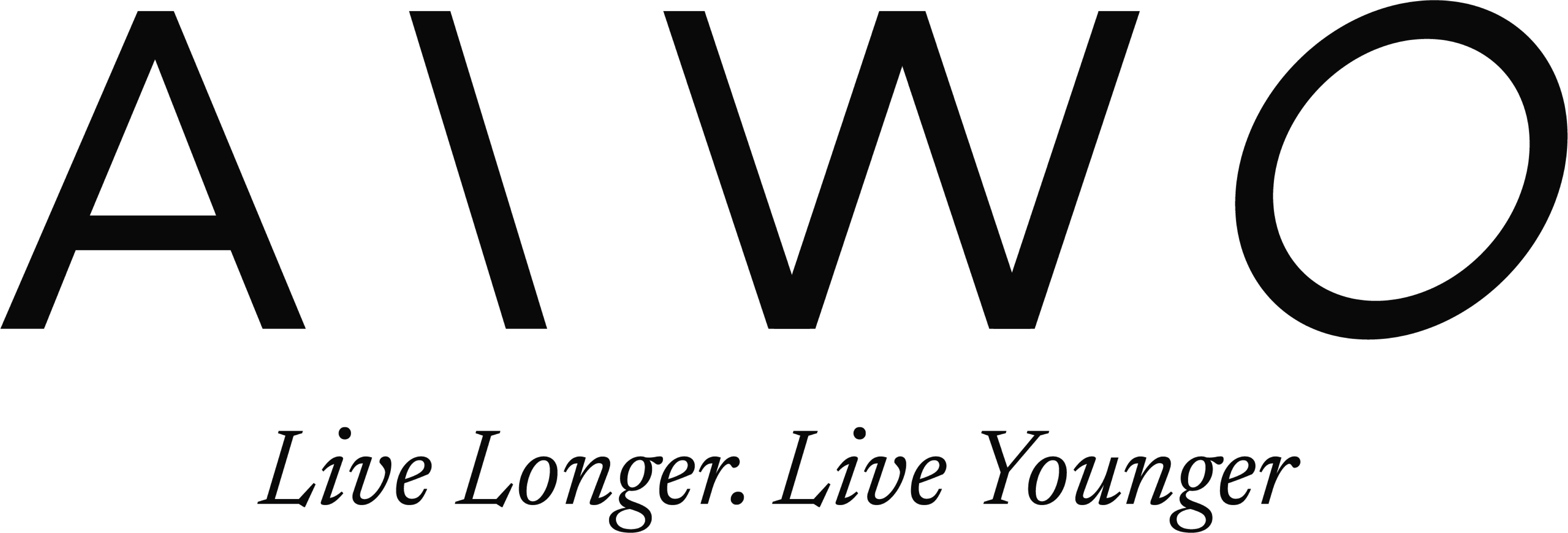
Milk and Egg Allergy Management: Insightful Strategies for the Food Industry
Understanding the Basics of Food Allergies
The Science Behind Allergic Reactions
Allergies occur when the immune system reacts to harmless substances. Proteins found in milk and eggs can trigger this. These proteins are seen as threats, causing an immune response. This response can include hives, swelling, and difficulty breathing. Understanding this basic science helps in allergy management.
Recognizing Symptoms of Milk and Egg Allergies in Babies
Identifying milk and egg allergies in babies early on is crucial for their health. Typical signs include hives, eczema, and digestive issues like vomiting or diarrhea. Respiratory symptoms can also occur, such as a runny nose, coughing, or wheezing. In severe cases, anaphylaxis, a rapid and life-threatening reaction, might happen. This calls for immediate medical attention. Fussiness during or after feeding can be a clue too. Monitor your baby for signs and see a doctor for a proper diagnosis.
Strategies for Managing Milk and Egg Allergies
Best Practices in Allergen Avoidance
To manage milk and egg allergies, avoiding allergens is key. Here is a list of best practices:
- Read Food Labels Carefully: Look for milk or egg ingredients.
- Communicate With Food Handlers: Inform restaurant staff about the allergy.
- Use Allergen-Free Substitutes: Try plant-based milk or egg replacers.
- Keep Safe Snacks Handy: Always carry allergy-friendly foods.
- Clean Surfaces Thoroughly: Prevent cross-contamination in the kitchen.
- Educate Others: Teach friends and family about allergy safety.
The Role of Nutrition and Diet in Allergy Management
Proper nutrition and diet play a crucial role in managing milk and egg allergies. It involves more than just avoiding these allergens; it's about finding balance and ensuring that the individual, especially a baby, gets all the necessary nutrients for growth and health. People with allergies should consume a well-rounded diet that compensates for the avoidance of milk and egg products, which are commonly rich in calcium, protein, and other vital nutrients. Here are some dietary considerations for those managing milk and egg allergies:
- Identify Alternative Nutrient Sources: Seek foods high in calcium, Vitamin D, and protein that do not contain milk or eggs. Examples include leafy greens, fortified plant-based milks, and meat or legumes.
- Read Food Labels Carefully: Allergens can hide in unexpected places. It's crucial to read labels diligently to avoid accidental exposure.
- Work with a Dietitian: Nutritionists or dietitians can help customize a diet plan to ensure nutritional needs are met without dairy or eggs.
- Plan Meals in Advance: Preparing meals ahead of time can prevent last-minute decisions that might not be allergy-friendly.
- Educate on Cross-Contamination: Learn how to prevent cross-contamination during food preparation to avoid accidental allergen exposure.
Case Studies and Success Stories
How Families Effectively Manage Babies' Allergies
Managing babies' milk and egg allergies can be challenging. Families must be vigilant. They read food labels closely, seeking hidden allergens. Kitchens are often allergy-safe zones. Parents learn to cook with safe alternatives. They swap cow's milk for plant-based options. Eggs are replaced with applesauce or banana in recipes. Strong support networks are vital. Online forums and support groups offer advice and empathy. Families share strategies on avoiding cross-contamination. They carry emergency medication at all times. Having an action plan for accidental exposure is crucial. Success relies on education, preparation, and community support.
Learning from the Experts: Tips from Allergists and Dietitians
Finding ways to handle milk and egg allergies is key, especially in babies. For insights, we turn to allergists and dietitians. They give us valuable tips. These tips help us understand what to feed our kids and what to avoid. Here are some shared by the experts:
- Read food labels closely to check for hidden allergens.
- Introduce new foods one at a time and watch for reactions.
- Learn how to use alternatives in cooking and baking.
- Keep a food diary to track what your baby eats.
- Plan meals carefully to ensure a balanced diet.
With these tips, managing a baby's diet becomes less daunting. Following expert advice can lead to a safe and healthy life for babies with allergies.
Share
